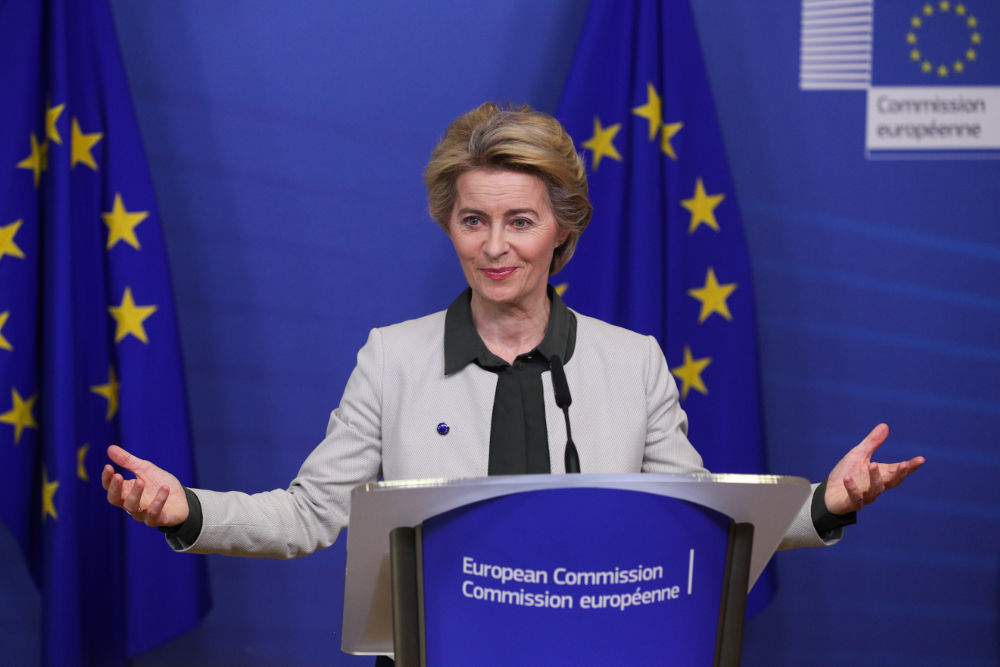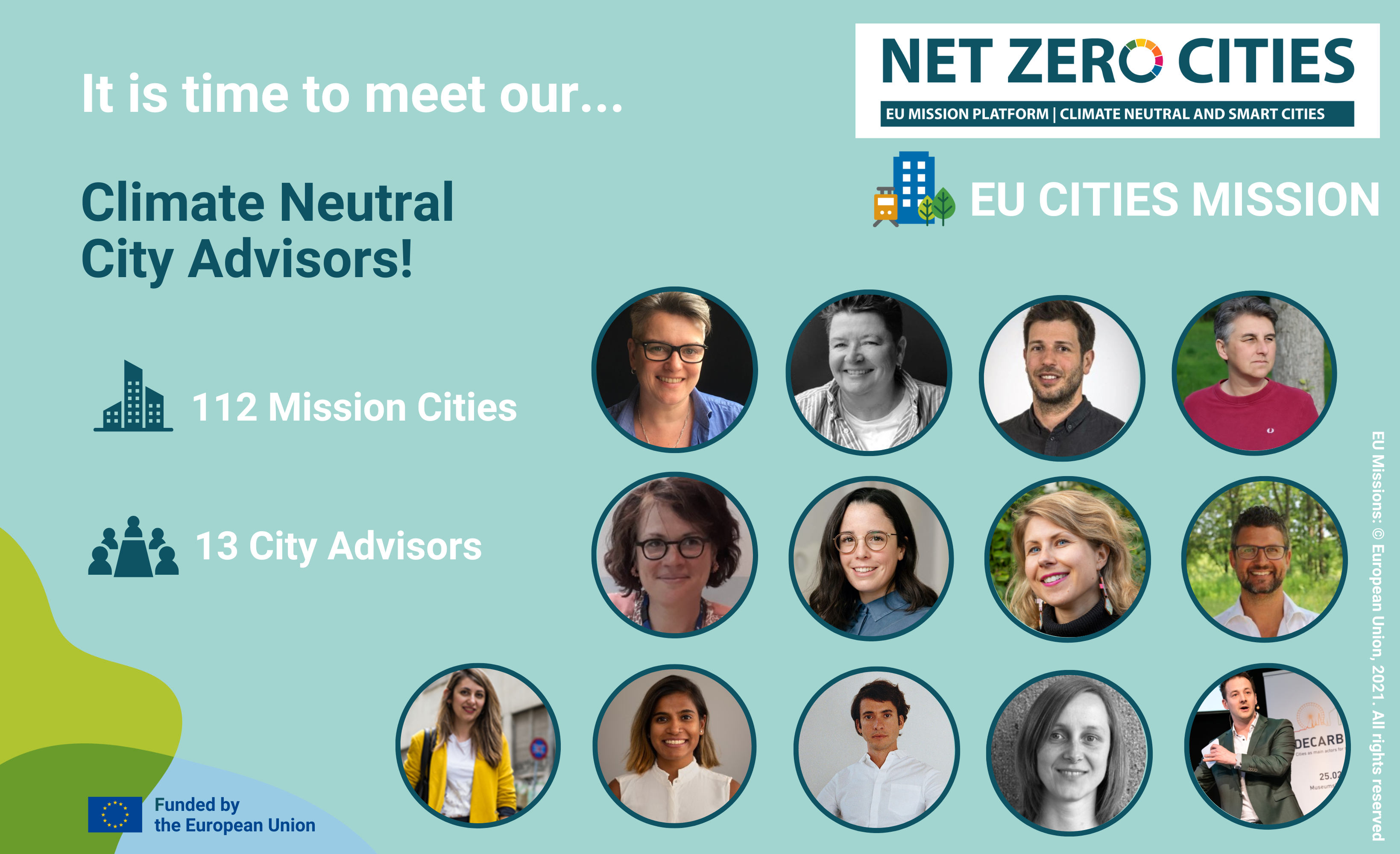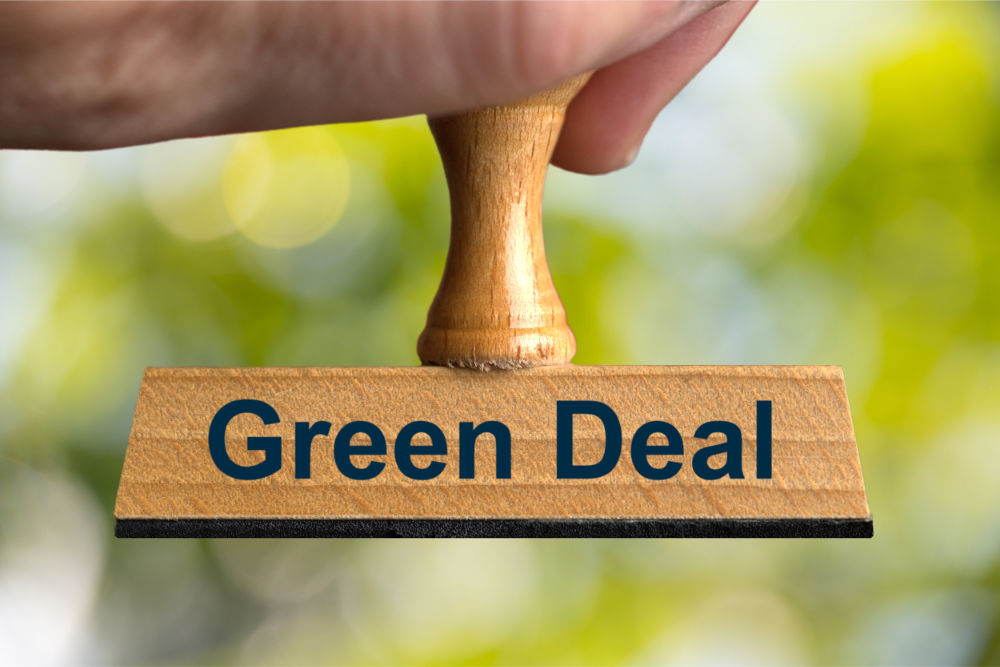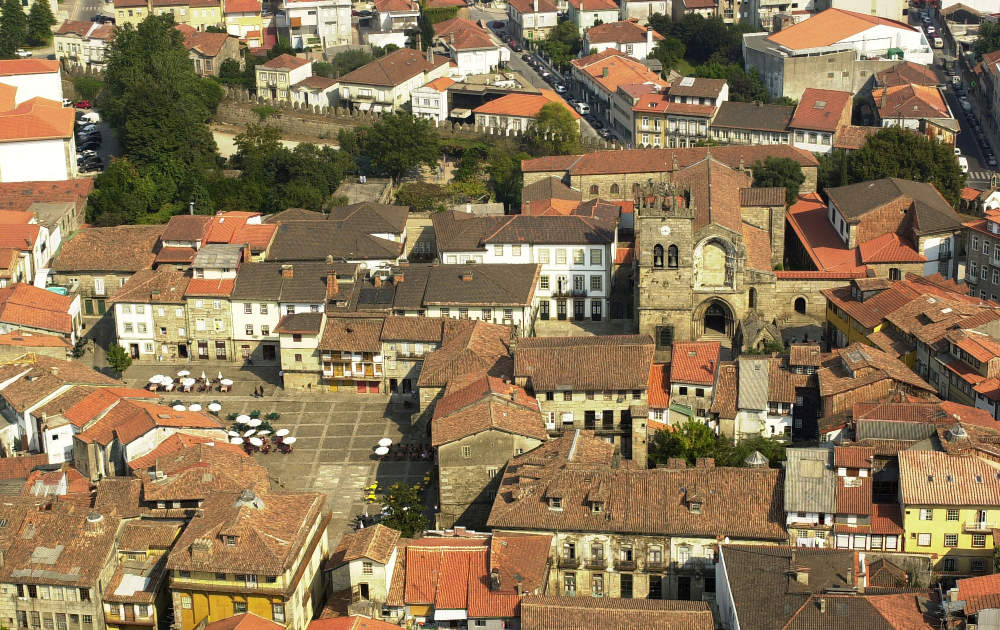Saturday 1st April 2023.
Can this be true? Queue-jumping for climate neutrality? Now Berlin always used to want to be a pioneer in all things climate neutrality. So why initiate a referendum? Why not simply hatch a plan, send that plan to the EU and apply for a grant? While the Berlin referendum did pass, by the thinnest of majorities, in the end not enough supporters had hit the polling stations. Posters with “Berlin 2030 climate neutral” and “Yes!” written above had been adorning lampposts all over town. Still, once the votes were counted in nearly all voting locations more people did vote, by a slight margin, “yes” than “no”. However, the required quorum of a quarter of the 2.4 million eligible voters – 607,518 participants to be exact – was missed by nearly 170,000. All in all 50.9 per cent voted for the referendum, and 48.7 per cent against. This was a surprisingly tight result. Experts had reckoned that opponents of the referendum would tend to boycott it rather than actively vote against. So, simply a case of bad luck?
If Germany’s capital had taken their cue from Warsaw or Amsterdam, „Berlin“ could have been able to tell its very own story with a happy ending, the way Guimarães in the north of Portugal, the cradle of the nation, a city of 152,000 residents, will tell its story, as will Oporto, Lisbon and many more. You see, they applied to the EU NET ZERO CITIES project (https://netzerocities.eu/) and were awarded funding based on the plans they’d sent in: overall there are 53 European NET ZERO CITIES.
What makes a pilot city?
For the 2-year duration of the pilot project the 53 selected pilot cities, from A for Aachen to Z for Zaragoza (the EU grant amounts to 32 million euro) are expected to trial and implement innovative solutions or batches of solutions at city or district level – all the while distilling explicit lessons from the innovative processes, and the knowledge, capacities and skills being developed at municipal level. The idea is to identify at the end of the pilot project a clear-cut series of innovative solutions available for implementation, scaling and replication in other cities (Berlin?).
This could include new business models, political initiatives, governance innovations, subsidy or financing models, as well as strategies for replication or scaling. Whichever way you look at it, the city of Berlin is losing out. This sort of thing can happen if you market greenwashing without vision or co-operation. Now what is missing here in particular is a realistic perspective of transformation. Climate neutral by 2030? How is that meant to work out? The only way to achieve this goal is through co-operations – in particular by sharing experiences and being offered support from partner communities.
For 75% of EU citizens are already living in cities. 65 per cent of the energy is consumed in cities, and 70% of CO2 emissions are emitted in cities. Why not start saving CO2 at communal policy level?NetZeroCities pilot cities receive financial means and practical support from City Advisors and EU NZC consortium partners, to allow them to fine-tune their pilot activities before implementation starts, in order to meet the requisite criteria and incorporate feedback from the selection process. Furthermore the mission platform supports them in the allocation of funds and financing for the complete implementation and subsequent efforts at replicating and scaling the measures. Assistance is available at EU level through its various programmes, including Horizon 2 m020 and Horizon Europe, as well as the European Commission‘s Green Deal.
As of Monday, the city of Guimarães is starting the implementation of its climate neutrality goal. Every citizen to install a solar collector on their roof will receive a 50% municipal grant from that 32 million euro pot provided by the EU to the city of Guimarães: first come first served.
In honour of April Fool’s Day, ECO123 has hidden a „canard“ in this week’s story. Can you find it…?.
 Eco123 Revista da Economia e Ecologia
Eco123 Revista da Economia e Ecologia






